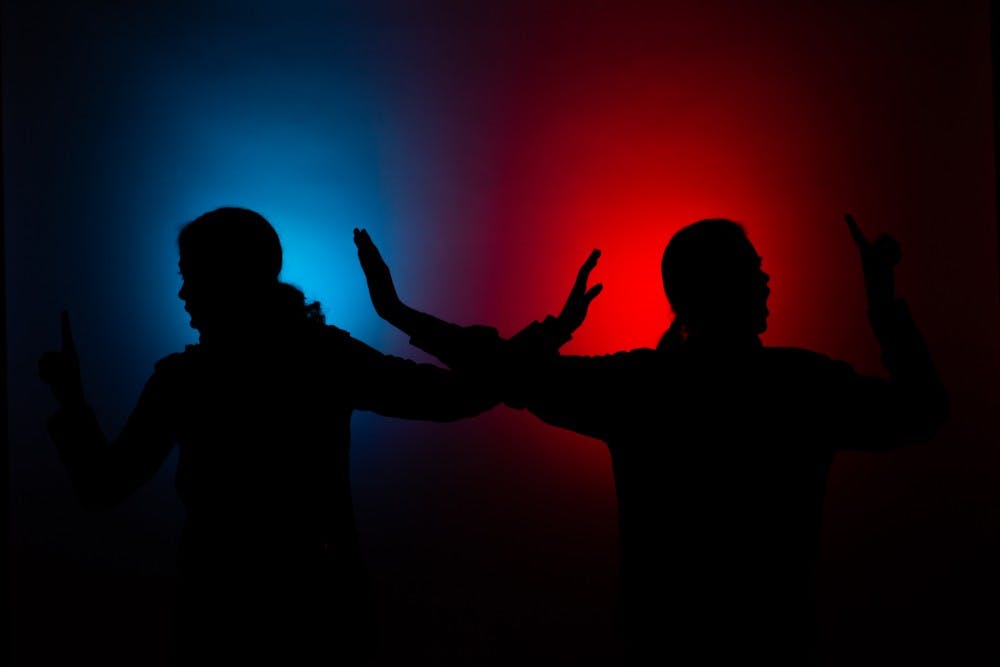As the first public university in the United States, UNC claims to have been a beacon of educational freedom and critical thought for centuries. Thousands of North Carolinians and people around the world have left this University with a greater understanding of themselves and the world around them. But the critical thinking encouraged by faculty at UNC and other public universities is now under attack by the federal government.
Recently, Trump and his administration pushed back against "un-American" learning in schools that supposedly paints the United States in a negative light. The "un-American" learning in question? Diversity trainings and critical race theory. He has also pushed for the creation of the 1776 Commission to help “restore patriotic education to our schools.”
This movement toward a singular narrative of the United States goes against what the Editorial Board stands for, and what we have learned in our collective years at UNC. In our time at UNC, we have been taught to read between the lines, engage multiple factors and think about established systems. We shouldn’t be taught to unquestionably “love America" — rather, we should learn the truth about our country's ugly history so we can form an opinion on our own.
Trump’s labeling of anti-racist education as "propaganda" is further evidence that a singular, exclusively positive perspective of America is one that serves him — and only him. A global pandemic and a nationwide reckoning with racism requires us to have a holistic understanding of this country, something the Trump administration clearly doesn’t want for future generations.
This is not the first time that the administration has pushed singular narratives in American higher education. Last year, the U.S. Department of Education ordered the Duke-UNC Consortium for Middle Eastern Studies to revise its curriculum or risk losing federal funding under Title VI. The education department claimed that the UNC department focused too heavily on “the positive aspects of Islam” and not enough on national security.
Now, the Trump administration is devaluing the essential work of critical race theory, which serves to understand the myriad ways that racism exists in the systems underpinning our country. Academics at UNC are pursuing the scholarship to further this understanding of this country in important ways, while the president actively is working against it. Trump's dismissal of CRT — paired with his original refusal to condemn white supremacy — is just another reason why his position on education is so concerning.
All of this is not to suggest that what is taught at this University is not worthy of critical thought and change. The need to diversify curricula, course offerings and even departments are just some examples of ways our learning can improve here. Still, when educational freedom is under threat from the federal government, we feel compelled to support institutions that encourage us to critically evaluate the systems rather than take them at face value.
After years of learning incomplete versions of history in elementary, middle and high school, the Editorial Board is grateful for the education we are now receiving as college students. Trump’s move to limit diversity in its many forms runs contrary to what we are learning at UNC. Seeing and understanding his comments in the context of greater systems is something we are able to do only because of the apparent “un-American” education we are receiving.
History and understanding of America has always been politicized, but it seems that direct partisan action to politicize education is the norm. We have seen how politics and partisanship erode our capacity to learn and solve problems with the ongoing COVID-19 pandemic.




